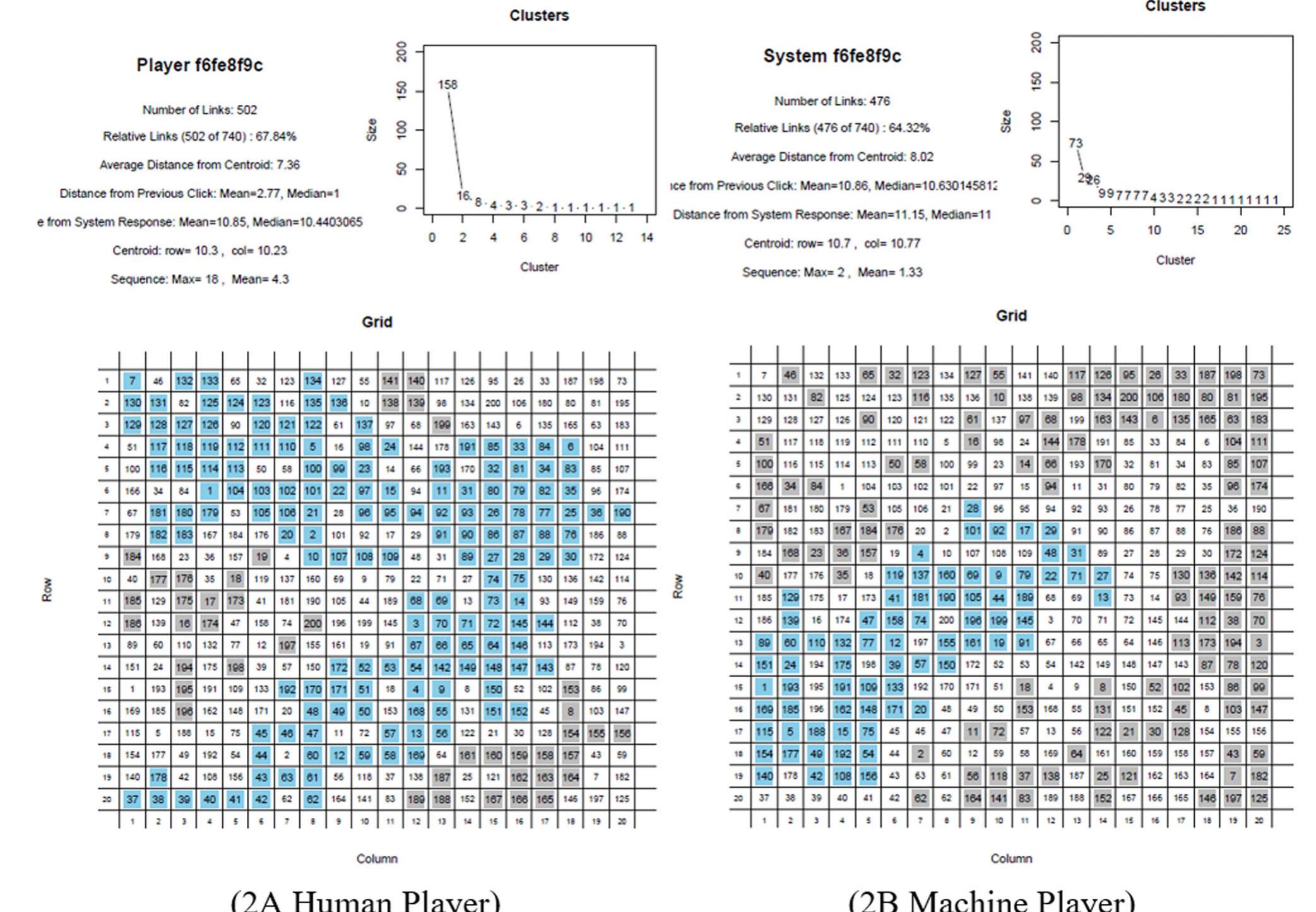Key research themes
1. How do framing and construal impact decision-making in game-theoretic dilemmas such as the Prisoner’s Dilemma?
This research theme investigates how players’ choices in strategic games, particularly the Prisoner’s Dilemma (PD), are influenced by situational labels, framing effects, and their subjective interpretation (construal) of the game context. It challenges the dominance of disposition-based predictions and explores how label manipulations can override expected cooperative or competitive behavior. Understanding this has significant implications for psychological game theory and pedagogy by emphasizing the situational malleability of cooperation and defection decisions.
2. How do non-equilibrium cognitive strategies and level-k reasoning explain deviations from equilibrium in zero-sum 'hide-and-seek' games?
This theme addresses observed systematic departures from equilibrium predictions in zero-sum games where one player attempts to match and the other to mismatch the opponent’s choice, commonly referred to as hide-and-seek games. It explores how non-neutral spatial or cultural landscape framings induce focal points that disrupt uniform mixed strategy equilibria. Cognitive hierarchical (level-k) models and structural non-equilibrium explanations are evaluated against equilibrium plus noise and quantal response equilibrium frameworks to better account for initial responses in experimental settings.
3. What are the conceptual intersections and fundamental tensions between psychoanalysis and game-theoretic models of human strategic behavior?
This theme explores the conceptual compatibility between Freudian psychoanalytic notions of the unconscious, characterized as a law of satisfaction, and non-cooperative game theory’s formal law of strategic interaction governing rational individual choices. It delves into the epistemological and semantic oppositions between these frameworks, analyzing whether and how the mathematical formalism of game theory can accommodate or contradict psychoanalytic insights about human motivation, cognition, and decision-making.





























